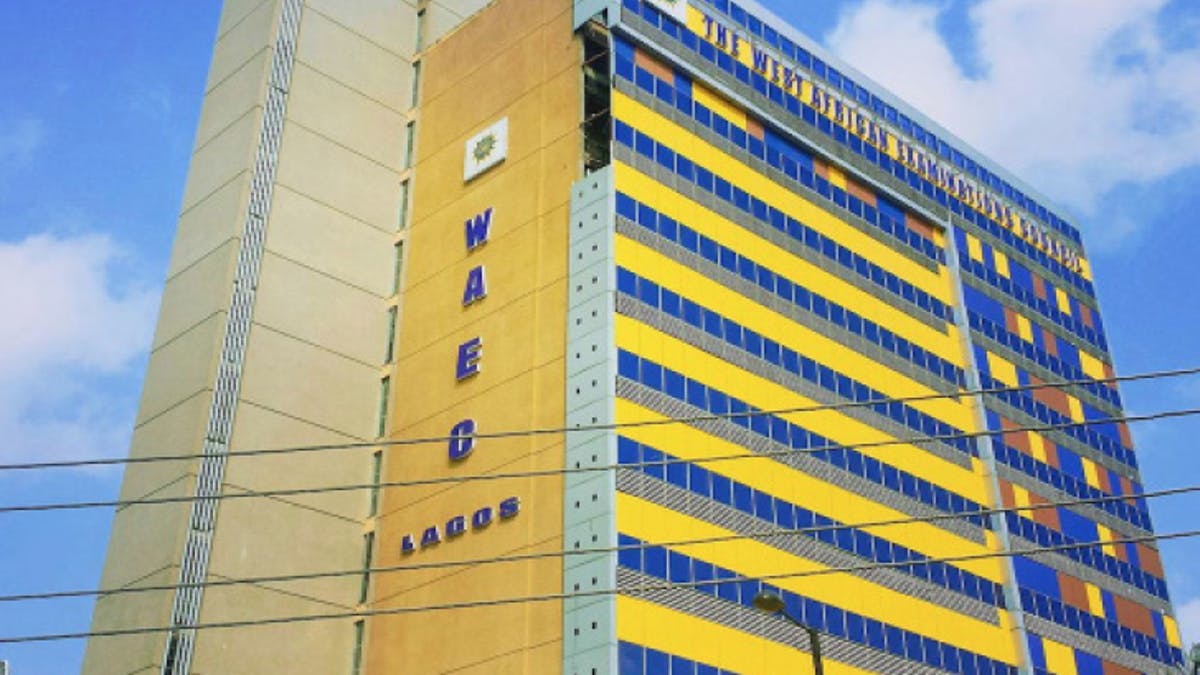The U.S. Agency for International Development (USAID), says that it identified and linked 3, 026 children living with HIV to antiretroviral treatment in five states through a five-year programme.
The programme, “Sustaining Mechanisms for Improving Livelihoods and Household Empowerment (SMILE)’’ launched in April 2013, and ended in Sept. 2018, covered Benue, Edo, Kogi, Nasarawa and the FCT.
Chief of Party, SMILE, Dr Emeka Anoje said this at the SMILE Close-out and Dissemination Meeting in Abuja on Wednesday.
Anoje said that SMILE supported 174, 023 children to access HIV testing services and 99 per cent of those identified had been linked to retroviral treatment.
“SMILE facilitated access to and uptake of HIV services to reduce the risk of transmission and increase access of adults and children living with HIV to the HIV continuum of care.
“To promote treatment adherence and client’s retention in care and treatment, SMILE case workers and community volunteers accompanied HIV positive beneficiaries to health facilities for drug refill and clinical monitoring.
He added that SMILE also expanded its core mandate to include community childhood tuberculosis case-finding programming.
The SMILE project, which cost 45.35 million dollars, was aimed at the improving the well-being of orphans and vulnerable children (OVC) and caregivers.
He said other aspects of the programme covered were household economic strengthening, health and nutrition services, child protection and psychosocial support and facilitated access to education.
Anoje said the project also provided organisational and technical capacity for local governments, states and social welfare development.
In her address, Dr Zohra Balsara, Director of the Office of HIV/AIDS and TB Control, USAID Nigeria, said the SMILE programme had improved the livelihoods of more than half a million vulnerable children.
“SMILE focused on children living in the communities most impacted by HIV, with emphasis on assisting adolescent girls, who are particularly vulnerable to HIV.
“As SMILE comes to a close, I want to use the opportunity to highlight a new development focus that USAID has just begun to roll out across the globe known as Journey to Self-Reliance.
“For USAID, countries will attain self-reliance when foreign assistance is no longer necessary and they lead their own journey toward meeting their individual development challenges.”
Balsara expressed the hope that partner states would build on the lessons learnt from the programme.
She further assured of the U.S. Government’s commitment to support orphans and vulnerable children affected by HIV and AIDS in Nigeria and to further strengthen the social welfare systems at all levels of government.
The SMILE programme was implemented by the Catholic Relief Services.




